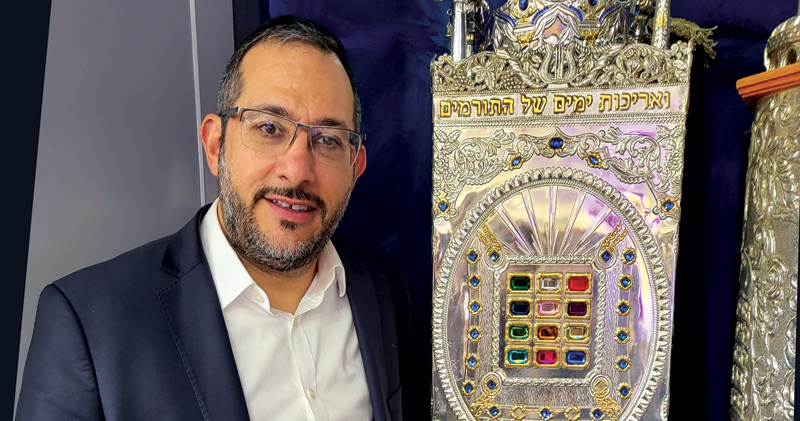 Rabbi Tal Perez
Rabbi Tal Perez He’s a globetrotting mohel, serves as a dayan (judge of a Jewish court) and he launched the Jewish French Community Center. He’s also the father of nine. You have to wonder where Rabbi Tal Perez finds the time.
Married at 20, he performed his first bris at 25, circumcising his first-born. He traveled 40 hours to do a brit milah in Micronesia, which he claimed was “the first in Micronesia since the creation of the world.” Looking back at his career, Rabbi Perez said, “HaShem is very kind to me because I love traveling and I love babies.”
Born in Rehovot, Israel, of Tunisian parents, Rabbi Perez grew up in Paris. He was leading a Sephardic minyan in Irvine when opportunity knocked. “I met some French guys who needed help for the Jewish French community.”
In 2016, the rabbi and his new friends began shopping for synagogue space. They landed on an upper floor on South Beverly Drive. Next month the Jewish French Community Center celebrates its seventh birthday.
Originally, Rabbi Perez conducted services in French, but an influx of Persians and Israelis changed the main language to English.
Given his religious life as an adult, it’s ironic that Tal, third of three boys with a younger sister, grew up in a family that was not initially religious. “We were eating kosher, though,” he recalled. “My mother always went to the mikveh, something North Africans always are keeping. Even the less religious. Once when we went to Israel, my wife came out of the mikvah in Ashdod. She said it was ‘so beautiful to go to the mikveh here because this is not a religious community.’”
What made the Perez family become more observant? “His parents went from growing up religious to less religious,” said his friend Sarah Yazdani sitting nearby. But when the rabbi’s little sister was born, his father suddenly stopped working on Shabbat and went to shul every week. “My parents had been hoping for a girl for so many years,” said the rabbi. “My father wanted to show his gratitude to God.”
His oldest brother started attending synagogue regularly at age 16. The family followed. Young Tal was 8 at the time. When his mother began relating stories of tzaddikim, notably the Moroccan rabbi Baba Sali and Tunisian Rabbi Chai Tayeb, he became serious about his Judaism.
“I never had a purpose of becoming a rabbi,” Perez said. “My purpose was to become a scholar. I was 19 when I started making decisions. When you learn Torah, your maturity level is much higher than any other career because you are learning about yourself all of the time. The learning is based on morals with a lot of introspection.”
Next, he decided he wanted to be a dayan – “my dream,” he said. After marrying, Perez enrolled in rabbinical school and started studying halacha. “For three years, I learned under the former Chief Rabbi of Israel, Of Blessed Memory, Rabbi Mordechai Eliyahu,” he said. It was an intense education, learning every day from 9 a.m. to 7 p.m.
This was the deal Tal Perez made: “They told me, ‘We learn for three years and we give you a salary, on the condition that when you finish, you will go spend three years [doing] outreach,’” he said. “I went to France and spent three years teaching university students. I was 25, so I was teaching people around my age, and they were comfortable with me. I had a class learning Gemara with 25 students from the Sorbonne, the highest university.” With the knowledge of Talmud, he said, “you learn that the wisdom of Torah is higher than anything else.”
Rabbi Perez has fond memories of his time at the Sorbonne. “I was playing with the students,” he said, “using the wisdom of Gemara, guiding them through the pages of Gemara, asking them questions they were not able to answer. That method exposed them to divine wisdom. This is what Torah is about, wisdom from God. Nothing can be higher. Thank God, many of them established religious families.”
It became his hobby, he said, “to pass the love of Torah to the next generation. This is what I love to do.”
It became his hobby “to pass the love of Torah to the next generation. This is what I love to do.”
After completing his obligation in France, the rabbi decided to follow his next dream, to become a dayan. For eight years he studied to become a dayan. Students were paid $750 a month. To supplement his income with his expanding family, at night he was writing mezzuzot and tefillin. “That was how I made a living,” he said. “We were having a very comfortable life. I was learning all day and then working two hours at night.”
Twenty years ago, stepping away briefly from his studies, he came to Los Angeles and met the French community. In 2007, Rabbi Perez met a Tunisian from his parents’ hometown. The friend lived in Irvine and was leading Beth Jacob’s Sephardic minyan. A cantor was needed for the High Holidays. Vacancy solved. After four years, the board wanted a Sephardic rabbi. When the Beth Jacob board told him, “We want you to move to California,” Rabbi Perez said yes.
But the 2012 move with six children proved more complicated. A satisfactorily religious school was not available. They were enrolled at Toras Emes by La Brea Avenue, “a beautiful school for the boys and the girls,” which meant the family lived in two homes, Irvine and Los Angeles.
Around the time Beth Jacob concluded it no longer could afford Rabbi Perez, a Los Angeles group — noticeably French — approached him. “We need another community because we are not comfortable anywhere,” they said, and the Jewish French Community Center was born.
Fast Takes with Rabbi Perez
Jewish Journal: Do you have any unfulfilled goals?
Rabbi Perez: Of course. Number one, that every Jew I know will discover the beauty of Torah. There is no restriction in Torah. It’s just the best way of living in this world that God created. He gave us The Book. Like a machine, you have instructions. We are clearly at the end of the exile.
JJ: What do you do in your spare time?
RP: I don’t have much, but when I do I like to spend it with my wife and kids, including our 18-month-old baby.
JJ: What is your favorite Shabbat meal?
RP: Once I was able to organize a Shabbat meal here with 130 singles mingling. It was beautifully done because we had a lot of help. We were able to make one marriage out of it, too.







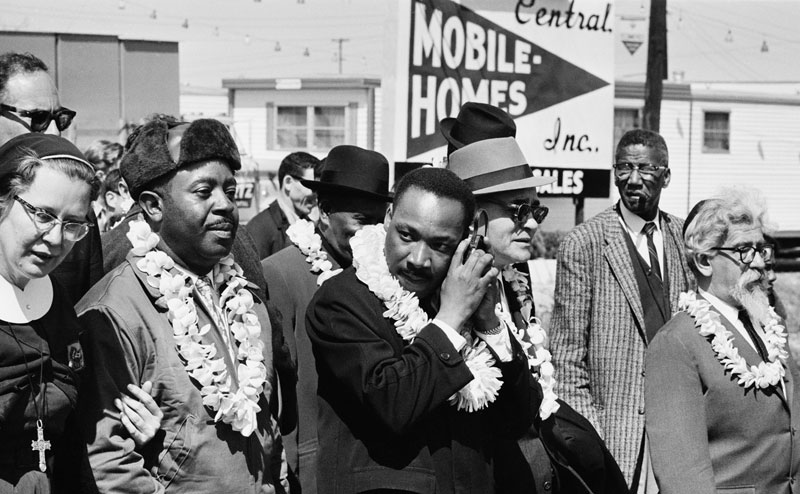
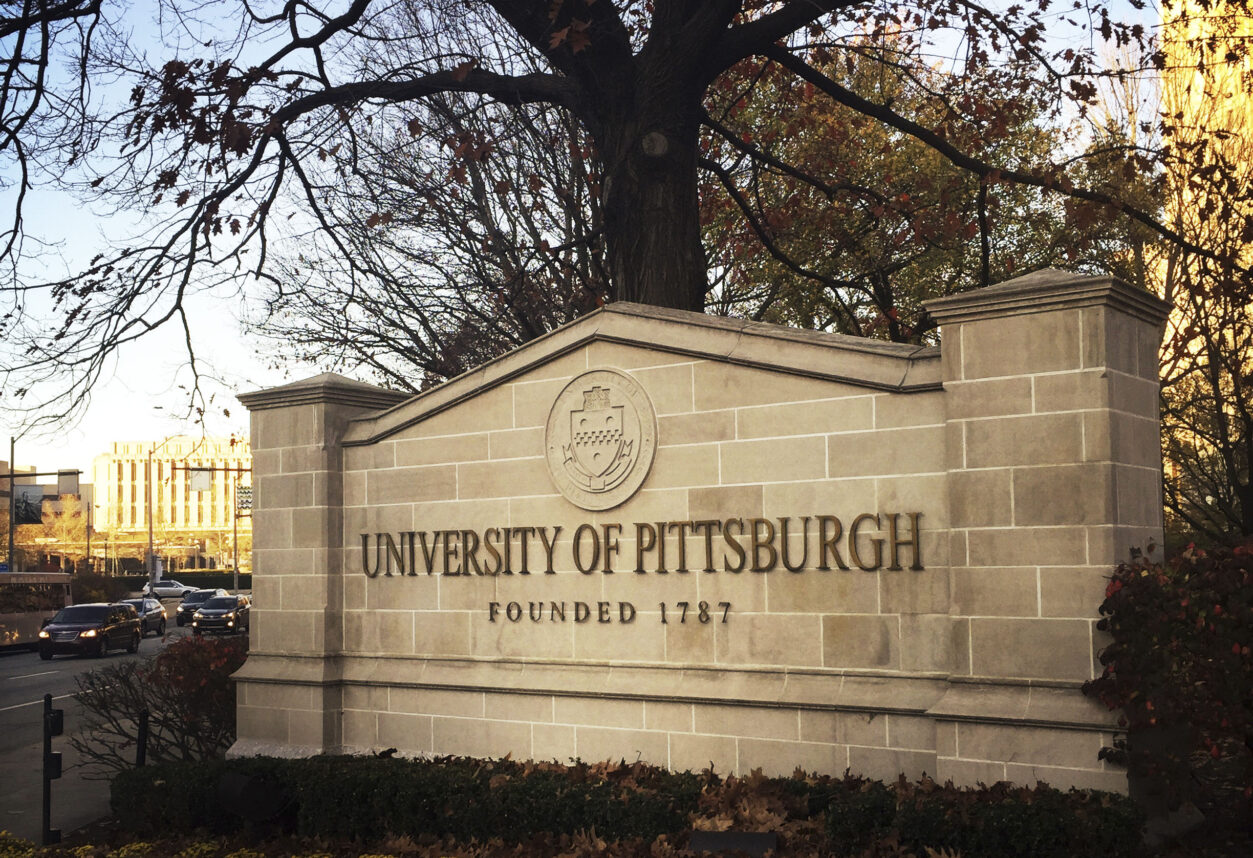



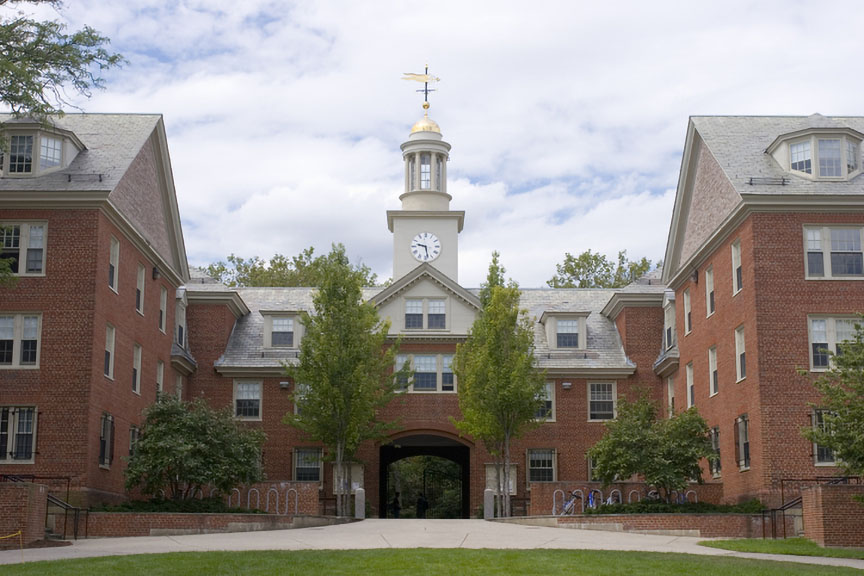


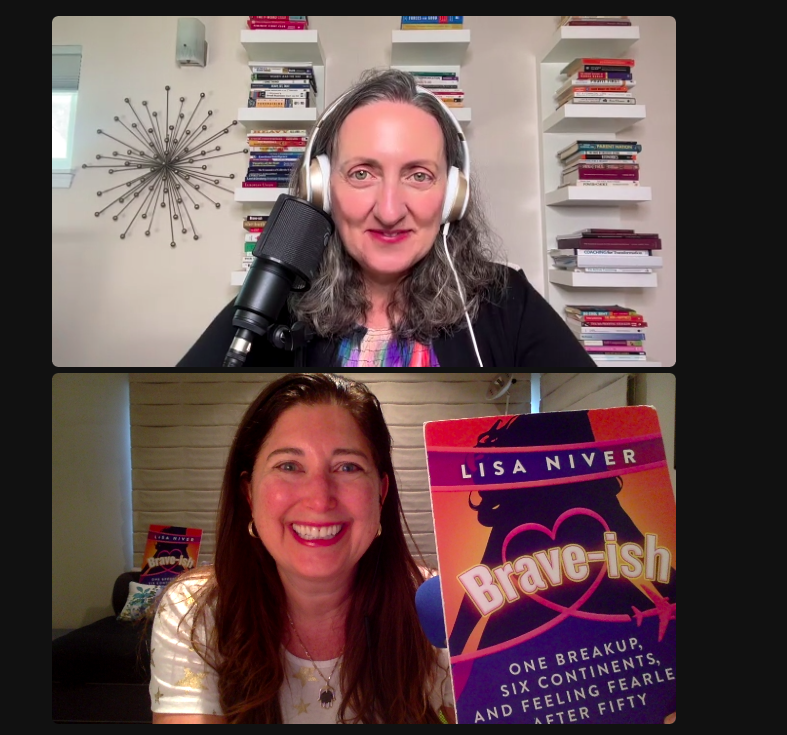




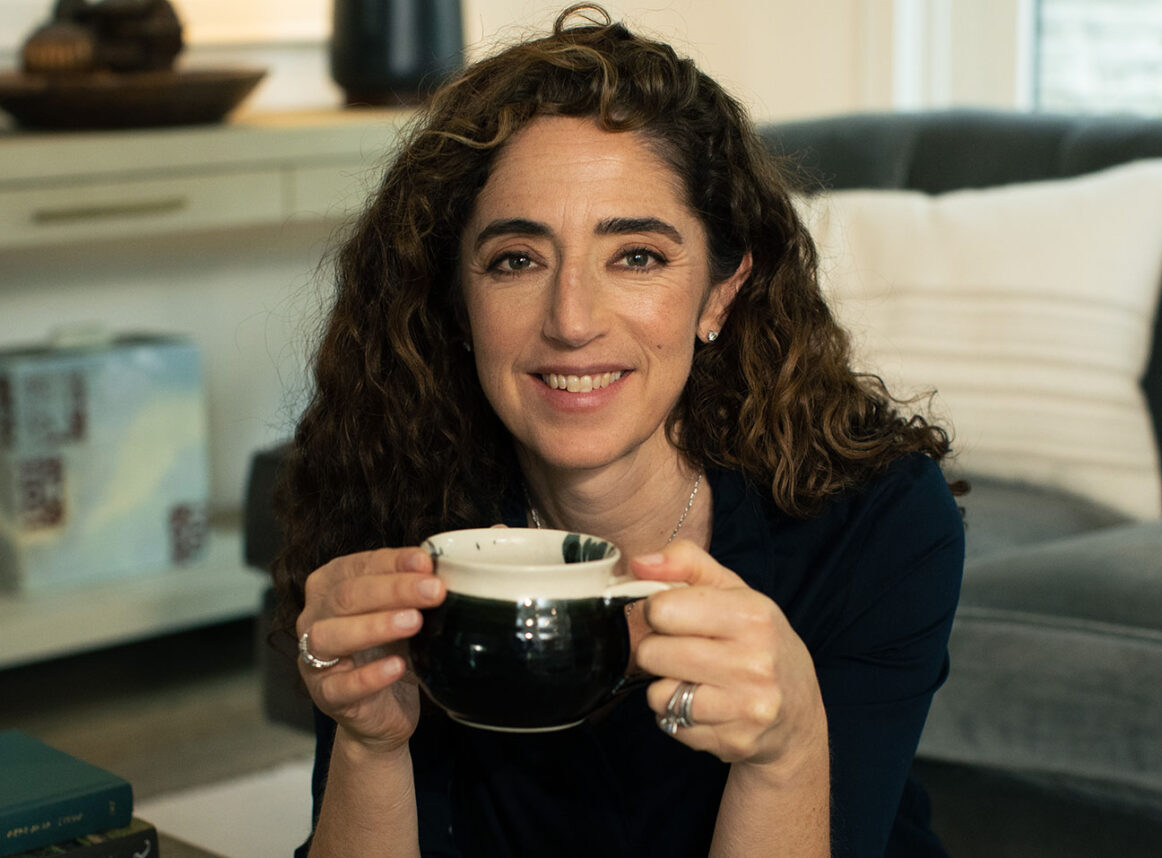

 More news and opinions than at a Shabbat dinner, right in your inbox.
More news and opinions than at a Shabbat dinner, right in your inbox.